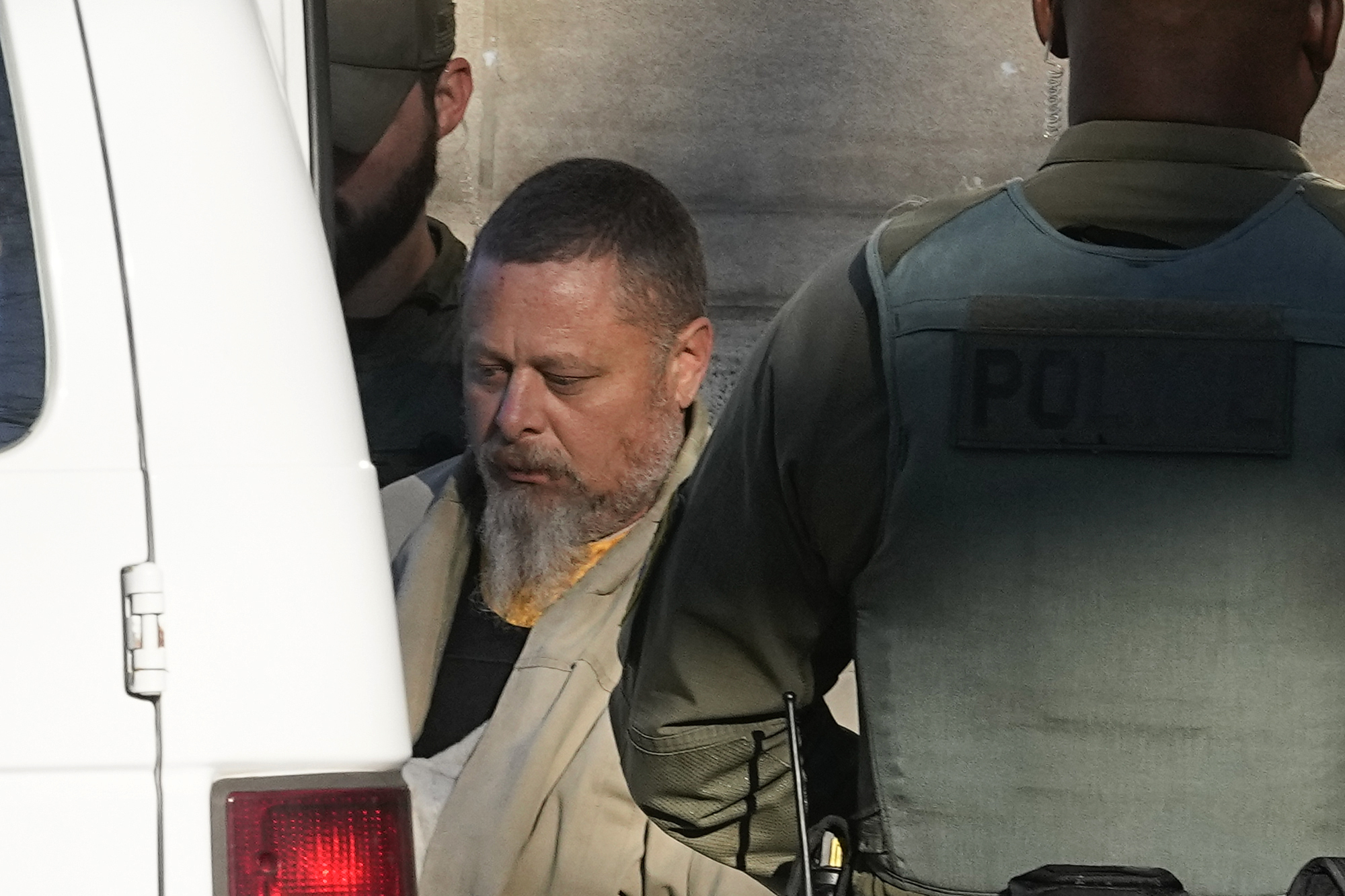
On Monday, Richard Allen, a former drugstore employee in Delphi, Indiana, was convicted of the 2017 murders of Abigail Williams, 13, and Liberty German, 14, who went missing during an afternoon hike. The jury found Allen guilty on two counts of murder and two additional counts of murder linked to attempted kidnapping. The conviction marks the end of a long investigation and trial, delayed multiple times due to evidence leaks and legal issues with Allen’s defense team.
A Community Gripped by a Long Investigation
Allen was arrested five years after the girls’ deaths, a delay that kept the small town of Delphi and the true-crime community captivated by the unsolved case. His trial, overseen by Superior Court Judge Fran Gull and involving a jury from Indiana’s Allen County, finally began on October 18. Reports from the courtroom noted that Allen, 52, showed no reaction to the guilty verdict but briefly looked back at his family. Allen now faces a potential sentence of up to 130 years, with sentencing scheduled for December 20.
Emotional Reactions as Verdict Is Announced
News of the verdict spread quickly outside the courthouse, where crowds began to cheer in response. Indiana State Police spokesperson Capt. Ron Galaviz confirmed that the gag order on the case would remain in place until Allen’s sentencing. Allen’s defense attorneys left the courthouse without making statements to the press.
Evidence and Confessions Played Key Roles in Conviction
Carroll County Prosecutor Nicholas McLeland presented evidence showing that Allen had confessed multiple times to the murders, both in writing and verbally, including a recorded conversation with his wife where he stated, “I did it. I killed Abby and Libby.” McLeland argued that Allen was the man seen following the girls in a cell phone video they recorded on the Monon High Bridge, where he allegedly instructed them to go “down the hill” just before they disappeared.
Forensic Evidence and Witness Testimony
The prosecution highlighted that an unspent bullet found near the girls’ bodies was linked to Allen’s .40-caliber Sig Sauer handgun, though the defense questioned the validity of this analysis. Witnesses also placed Allen in clothing matching what the “Bridge Guy” wore in the video footage recorded by the teens. Allen had initially told police he was on the hiking trail the day the girls went missing, a detail that resurfaced when a volunteer uncovered paperwork connecting him to the scene.
Defense Cites Mental Health Crisis and Solitary Confinement
Allen’s defense argued that his confessions were unreliable due to the severe mental health effects of prolonged solitary confinement, claiming he was delusional and vulnerable under the conditions of isolation. However, Dr. Monica Wala, a psychologist treating Allen, testified that he revealed specific details of the crime, including slashing the girls’ throats and covering their bodies with tree branches. She noted that Allen claimed he abandoned an initial plan to assault the girls when a passing van disrupted his actions, a detail she said only the killer would know.
Defense Counters With Claims of Insufficient Evidence
In his closing arguments, defense attorney Bradley Rozzi insisted on Allen’s innocence, pointing out that no DNA, fingerprint, or explicit forensic evidence tied Allen to the crime scene. Rozzi also argued that no witness could positively identify Allen as the man seen on the trail that day, and emphasized that Allen’s willingness to stay in the community was a sign of his innocence.
Rejected Defense Theory of a Ritual Killing
Before the trial, Allen’s defense team sought to introduce an alternative theory that the girls were killed in a ritualistic manner by members of a white nationalist group known as the Odinists, who practice a Norse pagan religion. However, the judge ruled against this defense strategy, stating the team had failed to present admissible evidence supporting the claim.
Awaiting Sentencing and Ongoing Community Reactions
Allen’s sentencing is set for December 20, with many in the community still processing the verdict. This high-profile case brought attention to the small town of Delphi and has been followed closely by true-crime fans nationwide. With a guilty verdict delivered, the families of Abigail Williams and Liberty German may now find some closure, though the shadow of this tragedy continues to loom over the community.